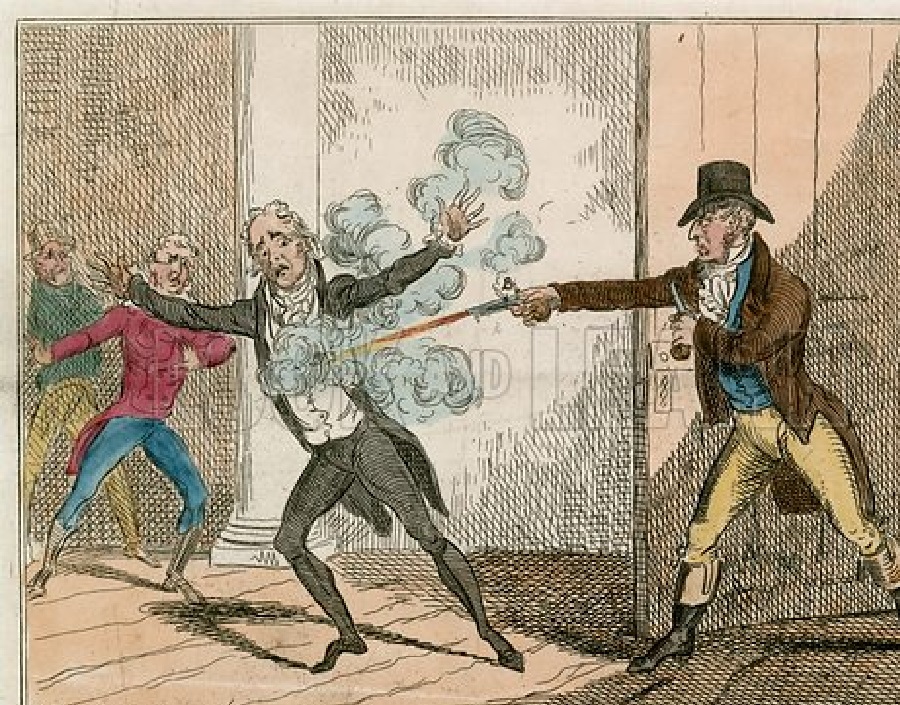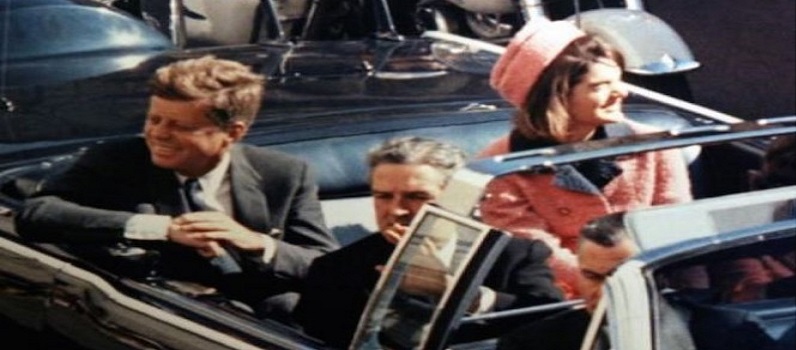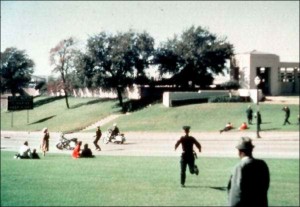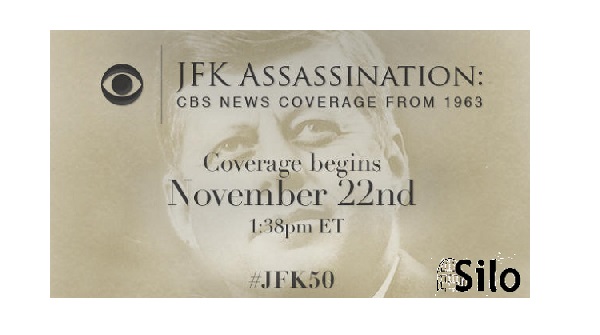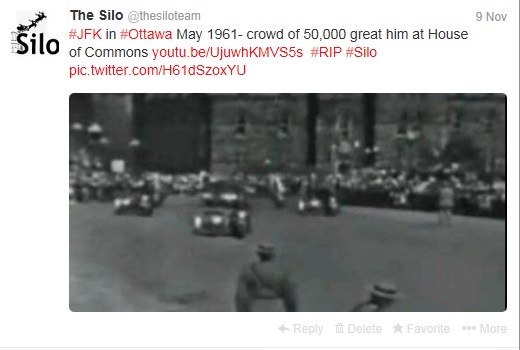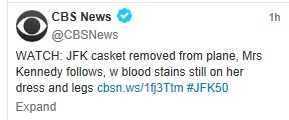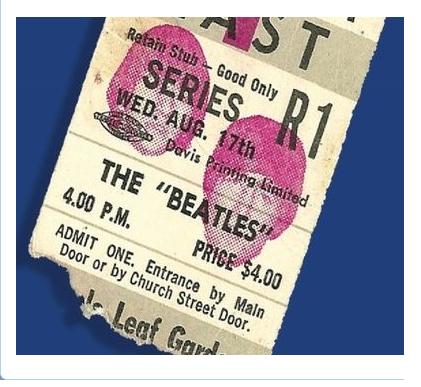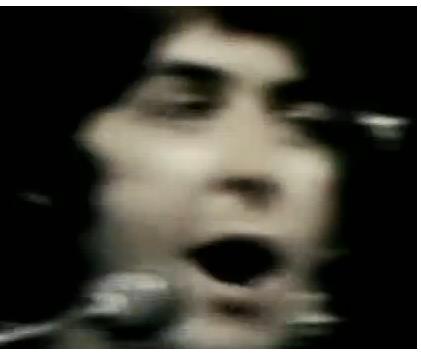Political Assassinations: Behind the Killing of British PM Spencer Perceval

Artist’s impression of the assassination of British Prime Minister Spencer Perceval by bankrupt businessman John Bellingham on May 11, 1812. (Public Domain)
One of the greatest difficulties in maintaining a stable democracy is keeping one’s political leaders from being murdered.
In the more excitable Latin American and Caribbean nations, presidents and would-be reformers are killed with depressing regularity, the most recent being the Haitian president Jovenel Moïse cut down in his own home in 2021. Four Lebanese prime ministers died from 1982 to 2005, three of those the victim of car bombs.
In Asia, attacks on politicians are a fine old tradition. In India, Mahatma Gandhi was assassinated in 1948, Indira Gandhi was murdered by her bodyguards in 1984, and her son Rajiv was killed by a suicide bomber in 1989. The president of Bangladesh was killed by army officers in 1981, while Pakistan lost two prime ministers: Liaquat Ali Khan who was shot to death in 1951 and Benazir Bhutto who was killed in a massive explosion in 2007.
The English-speaking world has a mixed record when it comes to political assassinations.
Generally speaking, the Anglosphere is slower on the assassination trigger but even so, there are distinctions to be made. American politicians have a high mortality rate: presidents Lincoln, Garfield, McKinley, and Kennedy; governors Huey Long, Charles Bent, William Goebel, and Frank Steunenburg; and a host of judges, congressmen, and state officials.
Only two politicians have bit the dust in Canada. Thomas D’Arcy McGee, one of the Fathers of Confederation, was gunned down in 1868, and Quebec cabinet minister Pierre Laporte was murdered during the October Crisis in 1970. Australia also records only two victims (both low-ranking members of legislatures), and New Zealand has no assassinated rulers on its watch. Clearly the difference is the presidential system—if you have a constitutional monarchy with an elected prime minister, you are pretty safe.
With one exception.
In 1812, the British Prime Minister was Spencer Perceval, a fierce proponent of the battle against Napoleonic France and an opponent of the slave trade. His harsh measures to finance the war had made him very unpopular in the country. On the evening of May 11, as he was entering the lobby of the House of Commons, a man stepped forward and fired a pistol at him, wounding him mortally. He was carried into the Speaker’s office where he soon died.

Perceval’s assassin was John Bellingham, an unsuccessful English businessman who had been imprisoned in Russia over a disputed debt and who for years had sought recompense from the authorities there. Back in England, when numerous British officials, members of the royal family, and politicians failed to answer his calls for support, he conceived a grudge against the prime minister. He bought two .50 caliber pistols and lay in wait for his victim. After the killing, he expressed no remorse, saying that he felt justified for his actions. Crowds in the street hailed the murderer as a friend of the people, but the government feared a conspiracy, called out troops to patrol the city, an ordered an immediate trial.
Bellingham’s only hope for acquittal lay in a plea of insanity—and indeed, his father had been declared mad—but his calm demeanour worked against him and he was allowed no time to summon witnesses who might have testified about a history of mental derangement. He made this statement to the jury:
“Recollect, Gentlemen, what was my situation. Recollect that my family was ruined and myself destroyed, merely because it was Mr. Perceval’s pleasure that justice should not be granted; …. I demand only my right, and not a favour; I demand what is the birthright and privilege of every Englishman.
“Gentlemen, when a minister sets himself above the laws, as Mr Perceval did, he does it as his own personal risk. If this were not so, the mere will of the minister would become the law, and what would then become of your liberties?
“I trust that this serious lesson will operate as a warning to all future ministers, and that they will henceforth do the thing that is right, for if the upper ranks of society are permitted to act wrong with impunity, the inferior ramifications will soon become wholly corrupted.

“Gentlemen, my life is in your hands, I rely confidently in your justice.”
Bellingham’s confidence was sadly misplaced. After a trial that had lasted a mere eight hours and after a scant 15-minute deliberation, the jury found him guilty. The death sentence was pronounced and he was hanged a few days later on May 18, leaving behind a wife and a baby. As was customary with the bodies of executed murderers, Bellingham’s corpse was sent to a hospital to be dissected by medical students.
Thankfully, Perceval is the only British prime minister ever to have been assassinated.
For the Silo, Gerry Bowler. Canadian historian and a senior fellow of the Frontier Centre for Public Policy.
